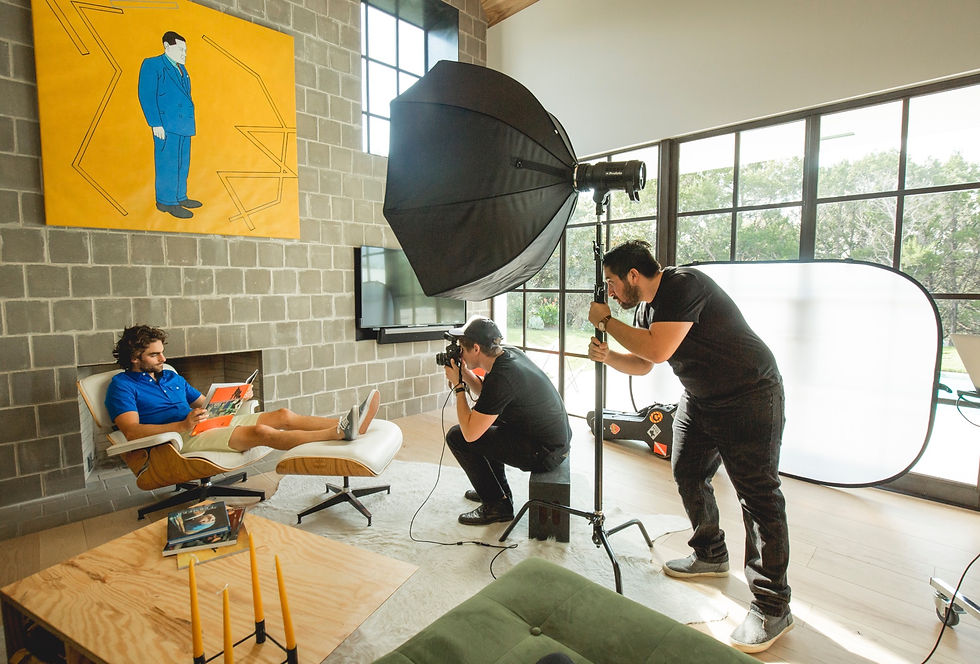Contrary to popular belief, sometimes free work can be justified.

As a young photographer, one of my mentors gave me an amazing piece of advice on how to evaluate what projects to pursue, and whether it’s ever worth it to work for free. It has stuck with me ever since, and has been a great guide on how to accept, price, and market my work.
When you are first starting in the photo business, you may have a tendency to take whatever is thrown your way. That’s natural. You need to build a portfolio. You’re not established yet. You don’t quite know how to price your work and you don’t want to scare off early potential clients. Using this rule will help your decision making every step of the way. Here we go.
Evaluate every project based on
PEOPLE, PAY & PORTFOLIO.
And the trick is that you have to have two of these things for the green light. Let’s start with some definitions.
PEOPLE: Are the people offering the gig good to work with? Are they communicative and timely with their responses? Do they treat you well and ask for your input? Do they trust your advice and ideas? Do they give you photo credit when it’s appropriate? Are they folks that you would work with again? If so, then these are good people to work with.
PAY: This one is pretty simple. Is the time and effort you put into the project worth the compensation? If so, then this is a good price for the project.
PORTFOLIO: Are you going to be proud of this work? Are you going to immediately post it to social media and your website as soon as it’s approved? If so, then this is a good portfolio project.
If you find that all three categories are satisfied, then you’re in the presence of a golden project! Knock it out of the park. Go the extra mile. Make sure the client has a great experience and will come back to you with more work!
But what about the not-so-perfect projects. What if only two of these categories are satisfied? From my experience, this is the most common circumstance. You can’t have your cake and eat it too when you’re trying to build a business. So don’t worry too much if only two are satisfied - it's still a great project. Here are a few ways you can move forward with a great experience:
Good People, Good Pay, Bad Portfolio: The client is great and fun to work with. The compensation is good, but perhaps the work itself is a little boring. If that’s the case, then this job is what we call Paying The Bills. If I’m being honest, this accounts for about half of my work. It’s usually corporate work or plain product photography. Things that pay well, but I’m probably not going to post on Instagram. Still good work!
Good People, Bad Pay, Good Portfolio: The people are great. It’s really cool work. But you’re getting paid peanuts...or you’re not getting paid at all! As a young photographer, you will encounter a lot of projects like this. You will also hear a lot of amateur photographers complain about how people don’t value their art. I’m about to say something very controversial...it’s ok to work for free sometimes! And to dig myself an even deeper hole, working for exposure can actually pay off.
Let me explain from my own career. I got my start in the Austin music scene, shooting live music photography, album covers, and press photos. As you can imagine, indie rock bands don’t have much of a budget to spend on photography or anything else for that matter. But they were super appreciative of good photos, and would repost them with proper photo credit. I would also proudly post my rock and roll photography on social media, which usually received a lot of interaction. I discovered that people like seeing photography of their favorite bands. Lastly, while most bands don’t have money, some of them do have substantial followings. And in those followings are business owners, magazine editors, and fashion designers, and so on. It didn’t take long in my career for fans of those indie rock bands to start asking me about taking photos for their businesses or projects too.
Bad People, Good Pay, Good Portfolio: Lastly, in this project: The people suck, but you’re getting paid well and it’s cool work that will go in your portfolio when you’re done. This one is pretty simple. Do the work. Get your paycheck. Put it in your portfolio. And then never work with those people again! Luckily, this has been a rare occurrence for me, but knowing when to break up with a client is an important (but difficult) skill that gets refined as you grow in your career.
So, should you ever work for free? My answer: Sometimes, but only if it’s for good people and good for your portfolio.

Read more about Using Your Community to Build Your Art (And Your Business)
Now what if only one of the parameters is satisfied? This is where you proceed with extreme caution! Here are some examples:
Good People, Bad Pay, Bad Portfolio: The most common project where this is the situation is where you are working for friends, for free, on a project that you’re not excited about. Don’t do it. There’s a chance you will strain that relationship and not do your best work, and neither party is satisfied at the end.
Bad People, Good Pay, Bad Portfolio: This is a tough one! Would you work with awful people on a boring project for one million dollars? Well, probably. At the end of the day, it’s up to you how much money is worth working on a project that will suck your soul dry. Sometimes it’s worth the paycheck - sometimes it’s not.
Bad People, Bad Pay, Good Portfolio: Remember when I said it’s OK to sometimes work for free? This is an example of when you should NOT work for free or cheap! This is the ole’ “It will be great exposure” sales pitch. A good rule of thumb - if the person asking you to work for free is the one saying that it will be good exposure, run away. If you evaluate the project yourself and decide it’s worth the exposure, like shooting for an account with tons of followers who will post your photos and credit you in the first line of the description, then it might be worth it.
In conclusion, whatever the job offer, evaluate it based on People, Pay, and Portfolio. Always have two in your favor and you’ll have a better chance of doing your best work and enjoying yourself along the way.
-
Andrew Bennett is an award-winning, published commercial photographer based in Austin, TX. He has worked with Absolut Vodka, T-Mobile, Brinks, Adobe and 100's of other brands seeking colorful, story-driven content. He and his wife, Dorothy Bennett, are the directors of Bennett Creative, an Austin video, animation, & photography agency.
コメント